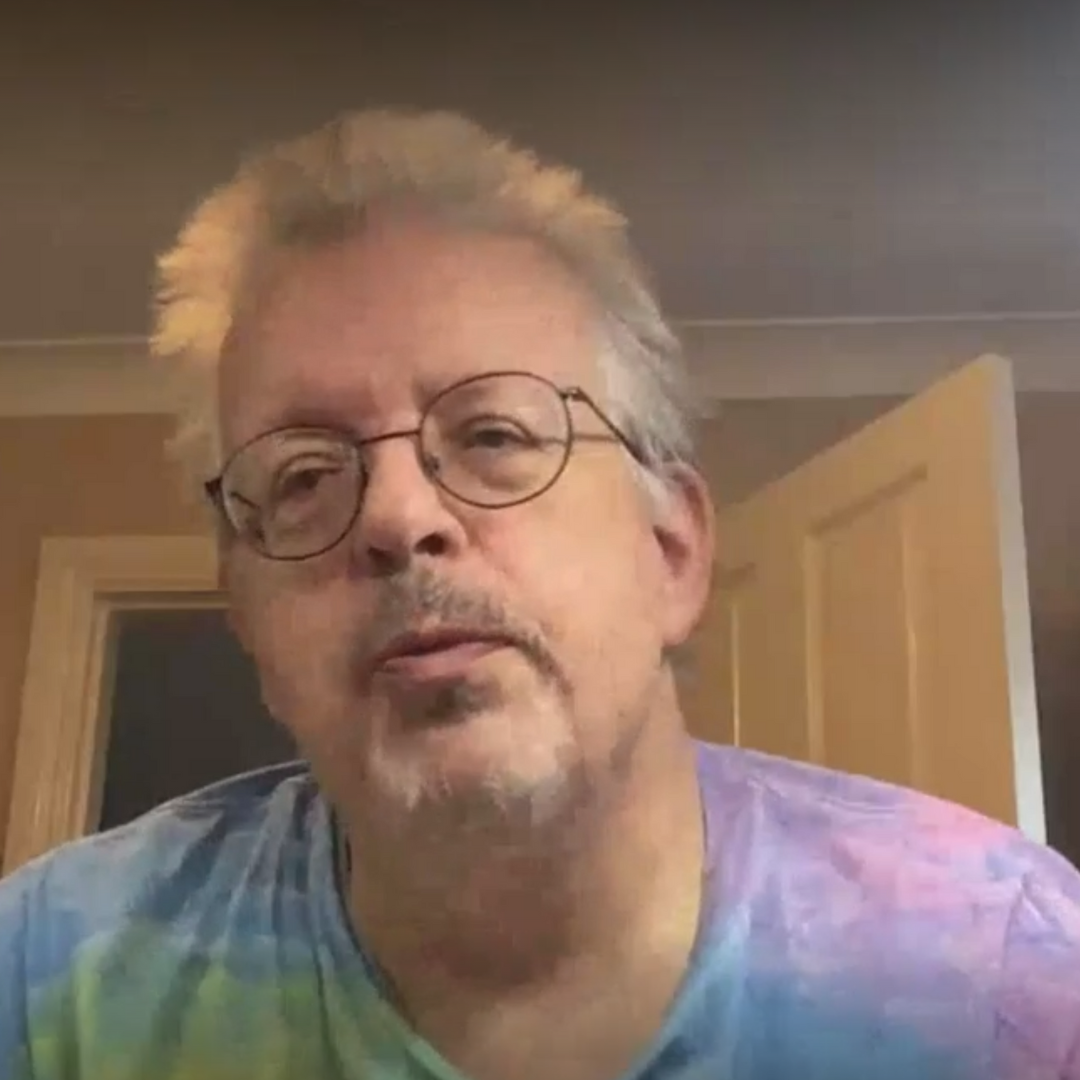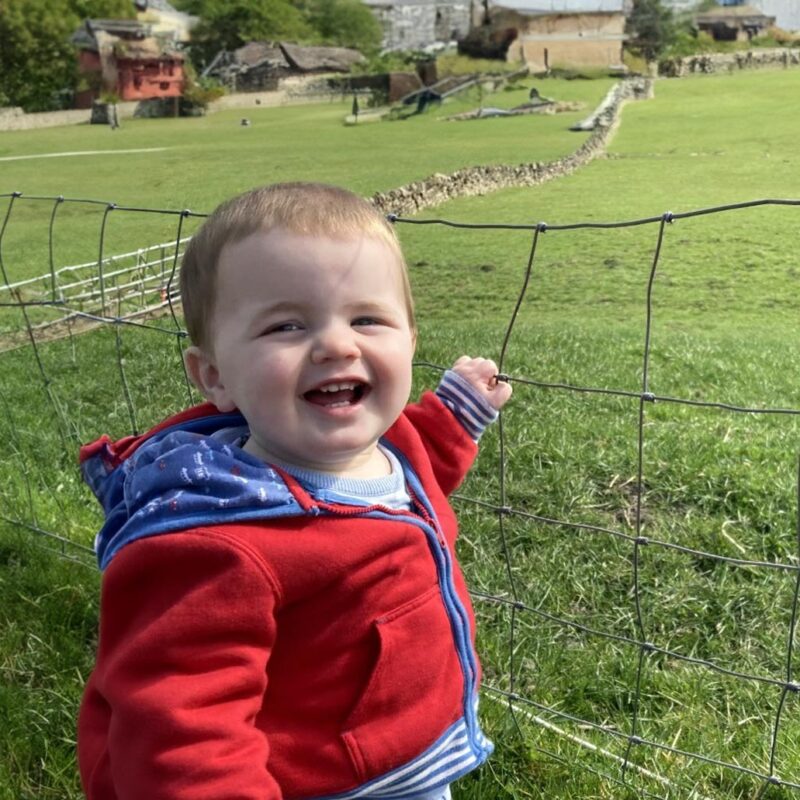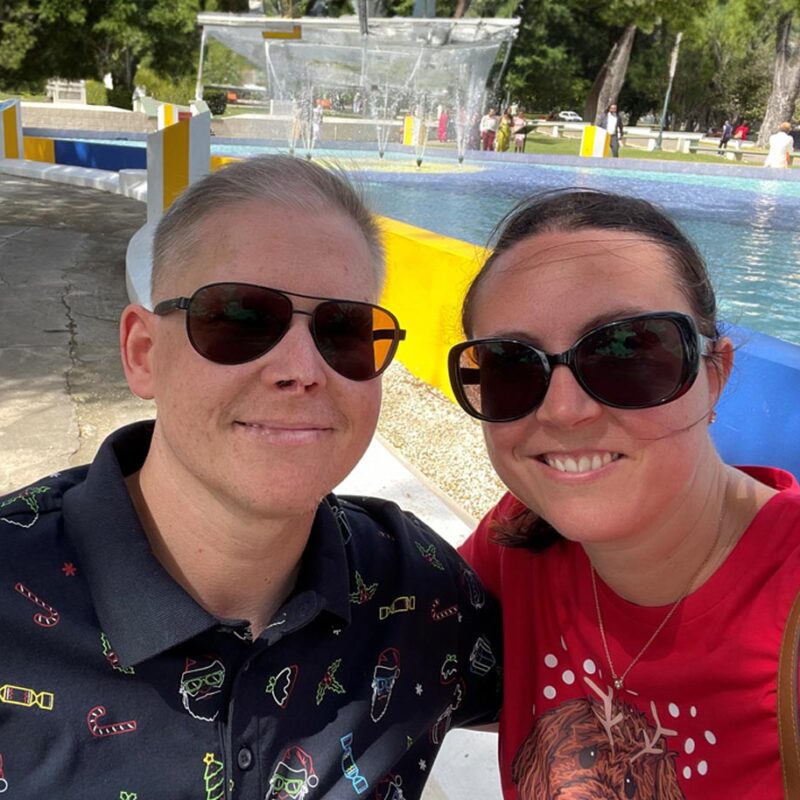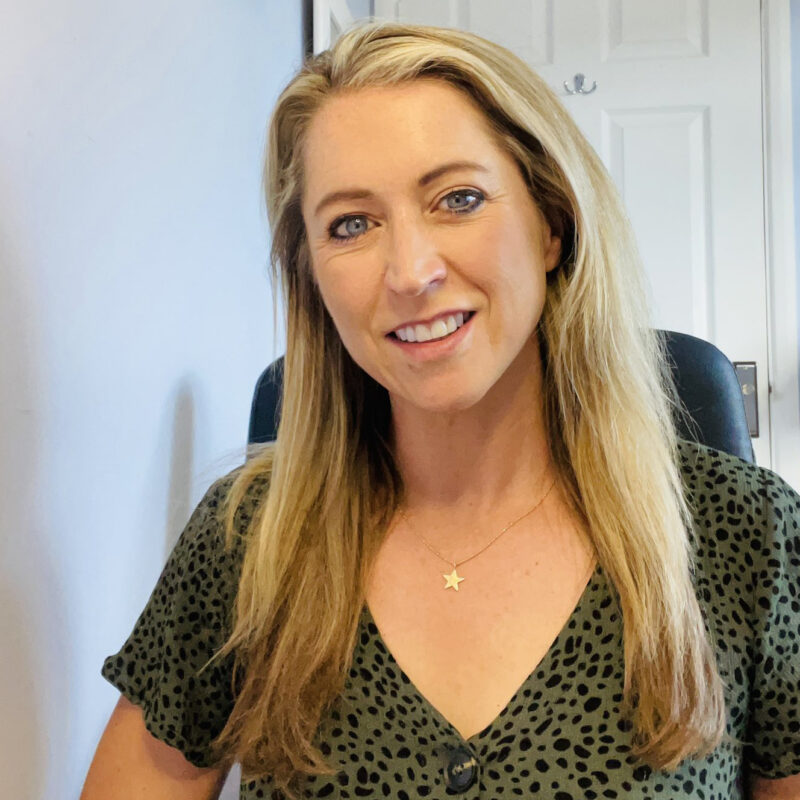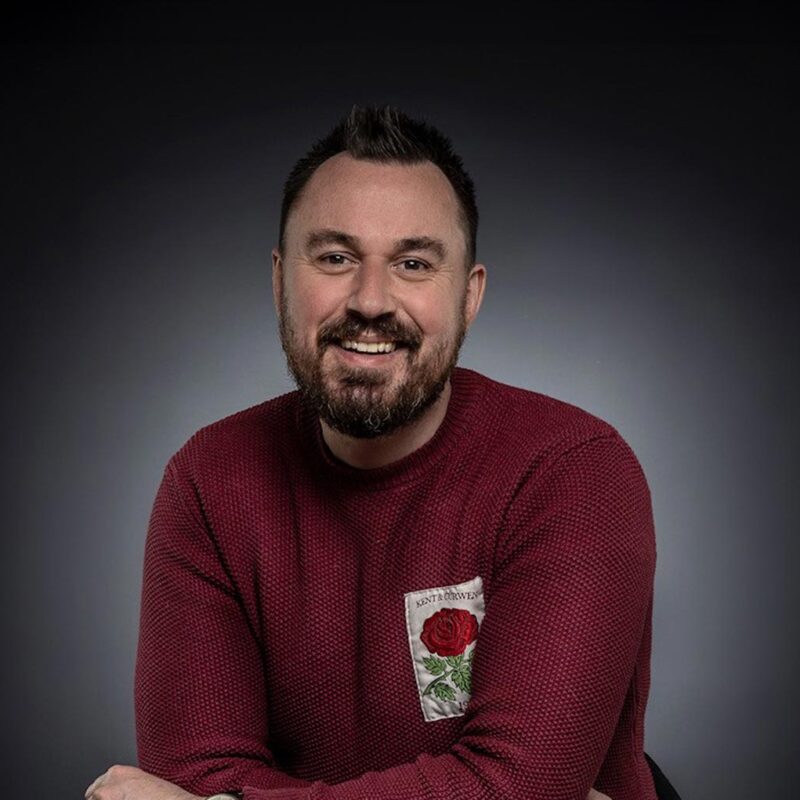Mark Oldreive, who turned 63 in February, never anticipated that a routine operation would result in him barely being able to leave his house due to debilitating pain.
He is sharing his Sepsis Voices story to help raise awareness of some of the effects of having sepsis, and to ensure others facing routine operations know to recognise the signs of this life-threatening condition.
Mark was due to have a full knee replacement, but it was cancelled several times due to Covid-19.
He was eventually given an appointment for keyhole surgery to clean the cartilage, but unknowingly contracted MRSA while in the hospital. He was sent home following the surgery on Friday and woke up the next morning in severe pain. It took him an hour and a quarter to sit up and slide across the bed, another hour to put on clothes, and another hour and a half to get down the stairs on his bottom. He spent an uncomfortable night sleeping on his partner Ros’ recliner chair downstairs, but by Sunday evening, the pain had got so bad that Ros called an ambulance.
He can’t remember this happening but was taken to a different hospital’s A&E department, where they did blood and infection tests and scheduled him for surgery the next morning to clean up the site. He spent four weeks in hospital in total, but Ros’ disability made it difficult for her to visit him every day.
Towards the end of his stay, Mark was isolated with nothing to occupy him as poor internet connectivity meant he couldn’t watch programmes or hold videocalls with friends and family. He was only speaking to people when they came in to feed him, clean him, administer treatment, or carry out checks. Mark said: “It was quite depressing.”
“I found myself going a bit weird. Towards the end of each day, I would wake up and find I’d been talking to shadows on the wall.”
Eventually Mark was told the original infection in his knee joint had turned to sepsis. A PICC line was installed once his infection count had dropped to a level classed as safe to return home, with further IV antibiotics to restore it to normal. Thanks to the district nurse, he was able to get a hospital bed for the living room so he wouldn’t have to go up and down stairs each day. He said: “The response from the hospital basically said, no, you can’t have this sort of care unless you unless you’re dying. I understand budgets are tight, but I think causing people harm by not doing it to save the money is not necessarily the way things should be done.”
Mark hasn’t worked since March 2020 as he was also unwell with Covid-19 – he’d been on the precipice of setting up a new business but didn’t get any government support due to the bad timing. Now, he’s barely been out of the house since last August except for hospital appointments – and he has four dogs that he wants to be able to walk again, but can’t due to ongoing pain problems. He’s busied himself with model aircraft building and painting, which he does downstairs on the dining room table. Mark said: “Living with the pain every day is not good.”
“Living with constant pain does play on your mind and your body. It brought me to tears, sometimes, I don’t mind admitting that; it was that bad.”
He had to fight for his pain medication to be increased, as the GP tried to speak to him about coming off morphine due to NICE guidance. Mark credits Ros’ ‘inner rottweiler’ for not taking a no for an answer and fighting for a better pain management plan on his behalf.
Mark is currently in talks with doctors about having more surgery to replace the joint so he can walk again, but there is a worry of reinfection and MRSA reappearing and causing damage elsewhere in his body. Before he left hospital, he had scans of his heart and spine as they are areas where a reinfection might appear. He said: “I was told by a nurse that someone she knew had had a previous infection that came back as a brain tumour. So, there is a worry not just for me, but also Ros, about what we might face in the future. By not knowing, the worry just lives in some tiny corner of the brain, popping into your consciousness when you least expect it.”
That decision is complicated too, as he is Ros’ carer. Mark was weighing up his options for further surgery when he found out about the UKST. He said:
“It’s quite shocking to read the figures that there are more people die of sepsis related illnesses than bowel, prostate and breast cancer combined.”
“Cancer gets all the publicity because it’s ‘the big C’ and everybody knows about it. Of course, there’s nothing wrong with all the publicity cancer gets, but people need to be educated that there are other health conditions they need to be aware of as well.”
That’s why Mark has decided to share his story – to help raise awareness of the scale of the issue our charity is working to tackle.
He knows that recovery comes with its own challenges, but one of the most important things you can do is speak about it. Mark said: “Don’t be afraid to talk about it, because if you’re here talking about it, you’re obviously doing reasonably well, but there’s nothing to say you’re not going to live with the threat of what it can do for the rest of your life. So don’t bottle up feelings that you’ve got. Talk to someone, whether it’s a partner, a work colleague, or a helpline. Most importantly, you’re not alone.”
